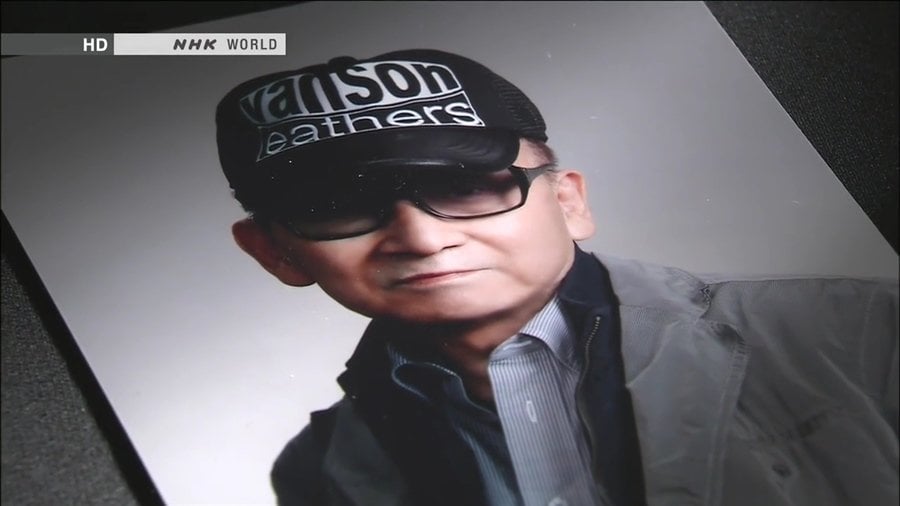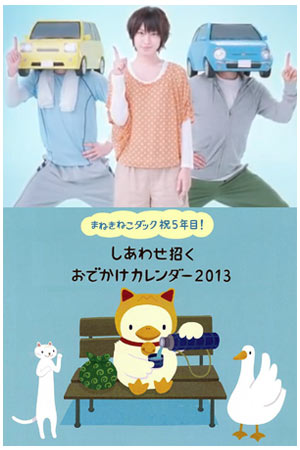One of the most enigmatic people in Japan is Johnny Kitagawa, founder of Johnny & Associates (or “Johnny’s Jimusho” in Japanese). This is the talent agency that’s been responsible for virtually every popular Japanese boy band from SMAP to Tokio to Arashi and Hikaru Genji.
Born in Los Angeles in 1931 to Japanese parents, Johnny’s family returned to Japan 1933 and he spent WWII evacuated to the countryside in Wakayama. After the war, he worked in the U.S. embassy as an interpreter. This is when (according to legend) he befriended some teenage boys he met in Yoyogi Park and organized them into a singing group called The Johnny’s, launching his career as a band manager. Over the next twenty years he tweaked his formula, borrowing from the business model of the Monkees as a way of tailor-making talent to appeal to certain fans, until his bands started taking over the pop culture world during the late 80s. Although he’s one of the most influential men in the entertainment industry, he makes Truman Capote look like an extrovert, shunning all media contact. Until one day, when he made his first-ever TV interview, appearing in a segment for NHK’s world news, though his face was not shown directly in the program.
While the star-making success of Johnny’s & Associates (J&E) has been phenomenal, there’ve been some serious issues too, including accusations of improper contact between Mr. Kitagawa and some of his “talents” over the years. (In 2002, Johnny & Associates sued weekly magazine Shukan Bunshun over these accusations and was awarded $80,000 in damages, though this amount was reduced on appeal.) The funny thing is, almost none of this negative news is ever reported in the Japanese press, and it’s a given that, should any serious scandal involving a Johnny’s-kei performer emerge, it will be ignored by the mainstream press. This is due to the great influence J&E holds over the media, since TV networks know that if they report news negative to the talent agency they’ll be blackballed and won’t get any stars for their TV programs.
This problem is only limited to Johnny’s performers — when the mother of AKB48 member Minami Takahashi was caught in a relationship with a minor, every news source ignored the story, citing “privacy concerns for those involved” that no one else would be entitled to. This willingness of Japan’s masukomi (from “mass communications,” e.g. the news media) to censor itself at various times is definitely one of my least favorite aspects of Japan.
















